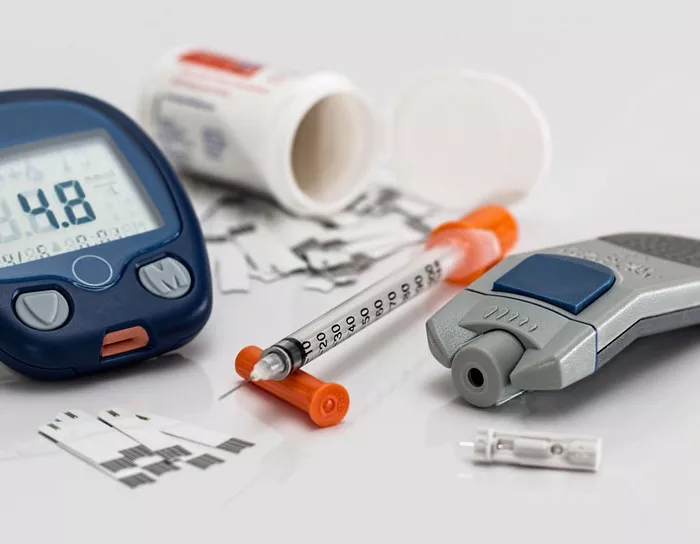Eli Lilly’s weight-loss drug, tirzepatide, has been found to significantly reduce the risk of developing Type 2 diabetes among individuals with prediabetes and obesity or overweight, according to a new study. The three-year study, released on August 20, 2024, highlights that weekly injections of tirzepatide, known by its brand names Mounjaro and Zepbound, cut the risk of diabetes progression by 94% and resulted in substantial weight loss.
Key Findings from the Study
The study demonstrated that weekly doses of tirzepatide—5, 10, and 15 milligrams—led to a significant reduction in the risk of progressing to Type 2 diabetes. Participants on the 15 mg dose experienced an average weight loss of 22.9%, compared to a 2.1% reduction in those receiving a placebo. These results underscore tirzepatide’s potential as a transformative treatment for individuals struggling with prediabetes and obesity.
Dr. Caroline Apovian, co-director of the Center for Weight Management and Wellness at Brigham and Women’s Hospital, noted the significance of these findings, particularly the 94% reduction in diabetes risk among participants with prediabetes. Although the study has not yet been peer-reviewed, experts suggest that these preliminary results are promising.
Mechanism of Action
Tirzepatide works by mimicking two hormones involved in regulating appetite and blood sugar: glucagon-like peptide-1 (GLP-1) and glucose-dependent insulinotropic polypeptide (GIP). By enhancing the body’s natural mechanisms for controlling hunger and glucose levels, tirzepatide helps users achieve and maintain significant weight loss.
Safety and Side Effects
The study reported that tirzepatide’s safety and tolerability were consistent with previous research on chronic weight management. Common side effects included diarrhea, nausea, constipation, and vomiting, which were generally mild to moderate. Dr. Apovian highlighted that these side effects are manageable and point to the drug’s safety profile.
Implications for Long-Term Health
While the study’s off-treatment period revealed some weight regain and an increase in the progression to Type 2 diabetes, participants still had an 88% lower risk of developing the disease compared to those on placebo. Dr. Tom Elliott, medical director of BC Diabetes, emphasized that weight loss and diabetes prevention require a combination of medication, diet, and exercise. He noted that discipline in maintaining healthy lifestyle habits is crucial for long-term success.
Future Prospects
Tirzepatide’s potential to reduce the need for additional medications for conditions related to obesity, such as hypertension and diabetes, is a significant advantage. Dr. Apovian pointed out that effective weight management with tirzepatide could potentially reduce the need for other medications in the future, thus improving overall health outcomes.
The results of this study will be submitted for peer review and presented at the ObesityWeek medical conference in November. This research could pave the way for further advancements in the treatment of obesity and diabetes, offering hope for more effective and sustained management of these conditions.
Related topics:
CGMs—Savvy Tech for Diabetes Management But Underutilized
Insulin that “Feels” Blood Sugar: A Potential Solution for Type 1 Diabetes?
Engineering Extracellular Vesicles: A Potential Breakthrough for Treating Type 1 Diabetes

























